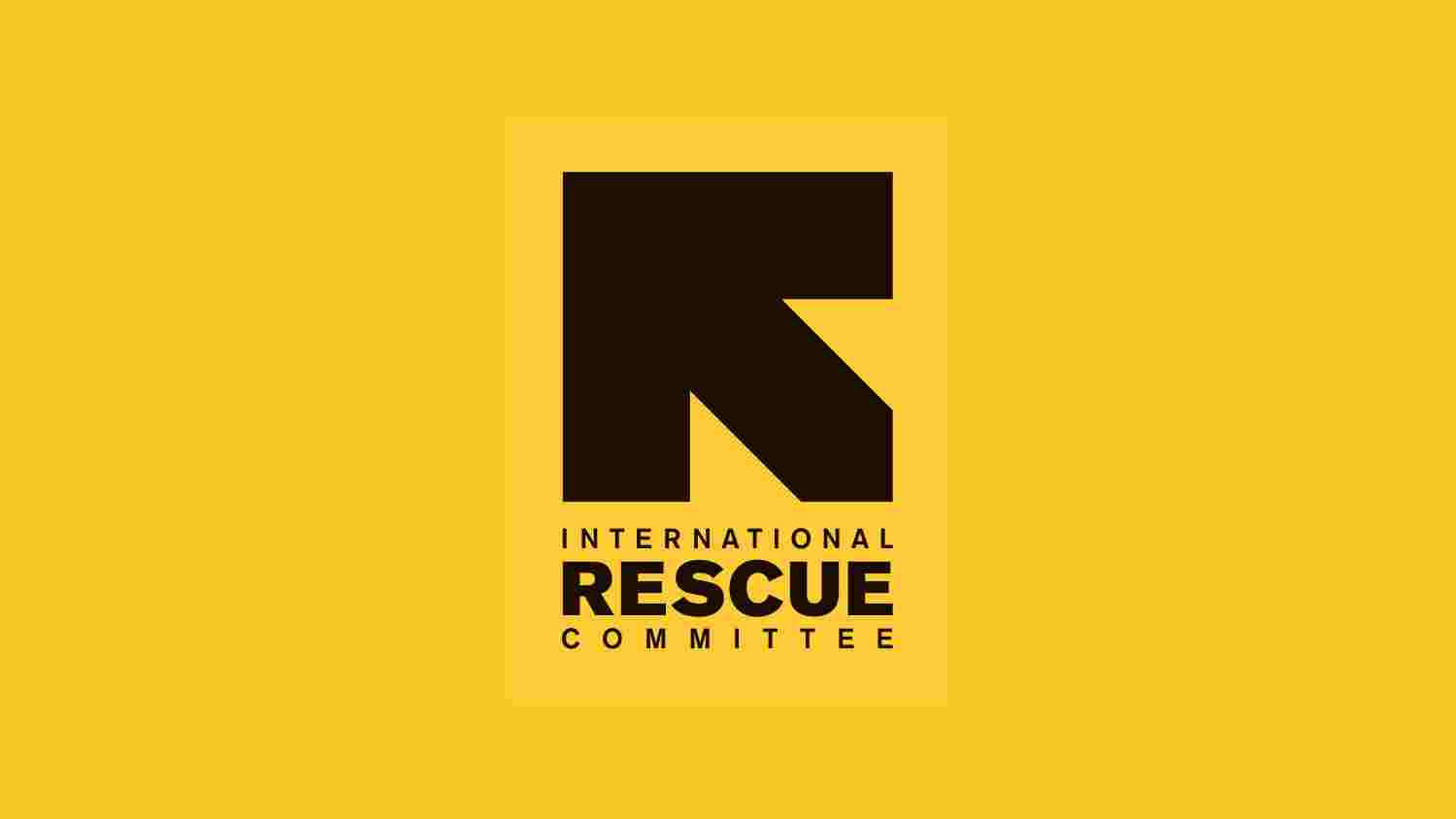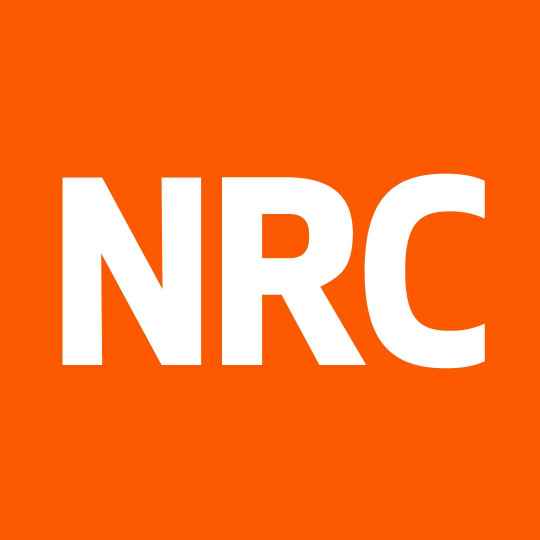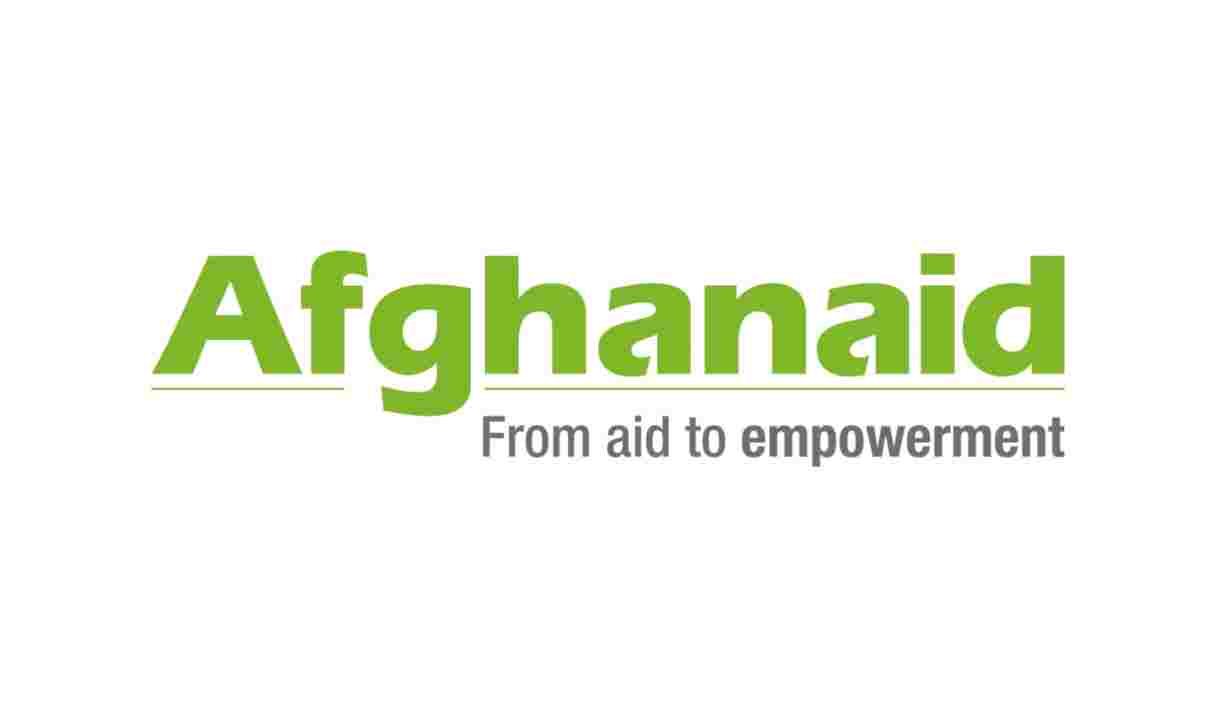KNOWLEDGE, SKILLS and/or ATTRIBUTES
- Demonstrated ability to work within a coordinated entity and collaborative activities in the humanitarian response.
- Strong coordination, negotiation, motivation, mobilizing, and facilitation skills.
- Strong computer/work processing and standard office software skills.
- Ability to think strategically, prioritize, and meet deadlines in a complex and challenging environment; must be culturally sensitive. Excellent problem-solving skills.
- Ability to work under pressure and travel to the provinces in difficult security conditions.
LANGUAGE SKILLS, MATHEMATICAL SKILLS AND REASONING ABILITY
Excellent writing and verbal skills in English and Dari/Pashto for reports and other communication with communities’ content. Ability to work well within and lead teams
EDUCATION, TRAINING and/or EXPERIENCE
Master’s degree from an accredited academic institution, preferably in communications, media, humanitarian, or development studies. Minimum of eight years of experience progressively responsible experience working in the humanitarian response in Afghanistan; demonstrated familiarity with humanitarian coordination infrastructure and/or the UN cluster system is preferred. Two-to-three years’ experience leading NGO systems for accountability, community engagement, and learning is required, with work supporting MEAL systems within in NGO setting preferred. Experience with collective and common feedback mechanisms, accountability strategies, and complaint processes in crisis-affected communities is an advantage. Data management experience, with familiarity of development and managing dashboards and using Power-BI and similar programs, is strongly preferred. Demonstrated experience with two-way communications, including focus group discussions, participatory community engagement, and use of media as a two-way communicating with communities’ tool. M&E knowledge and experience, including conducting surveys/assessments and analysing data is an advantage. Documented operational experience at a senior level of creating and managing AAP-community engagement activities, advocacy and outreach is an advantage. A demonstrated commitment to ensuring community representation and authentic participation in humanitarian and development programming, including of women and girls in Afghanistan.






